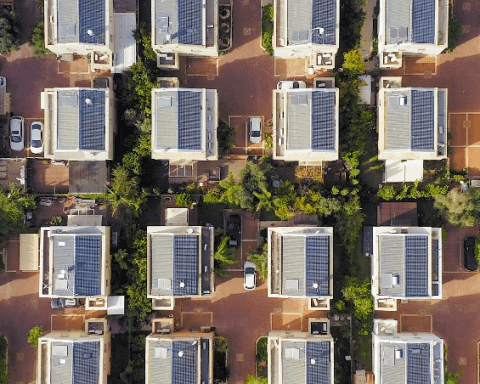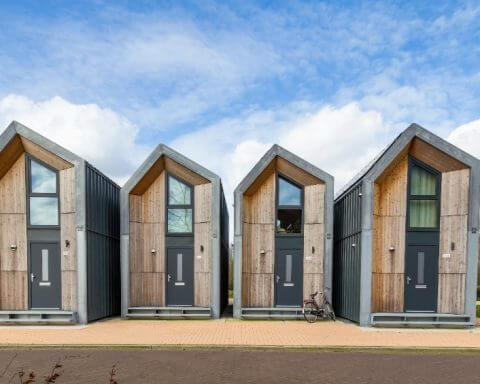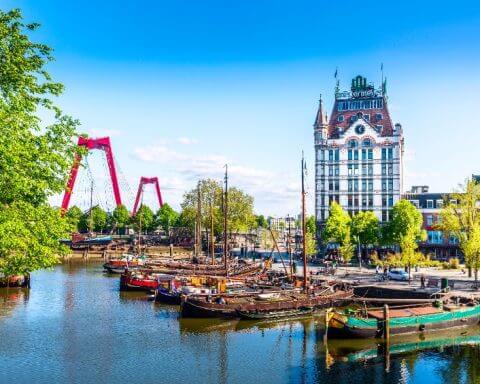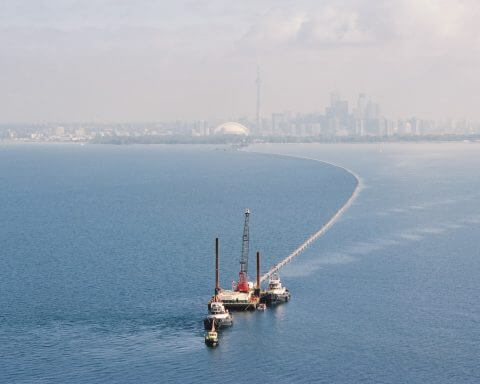Cows, coal and cars. Together they account for roughly half of all human-caused greenhouse gases. To solve global warming, the world need only ban beef, belching cars and coal power plants – and we’re close to halfway there. It’s not as crazy as it sounds. In fact, if we weave together policies from Odisha, Oslo and Ontario, we discover a pretty robust blueprint to a cooler planet.
‘Don’t have a cow’
While Indian Prime Minister Narendra Modi did not quote Bart Simpson in his plenary speech at the recent Paris climate summit, India’s states have unintentionally pioneered a vital policy for reining in global warming pollution. In India, where cows are sacred according to Hindu beliefs, Odisha and 23 of the country’s other 28 states have banned beef (punishable by up to five years in prison if you are caught eating a hamburger in Mumbai, for example). Given that beef accounts for 40 per cent of global livestock emissions, which in turn account for one-sixth of human-caused greenhouse gas emissions, we all have a cow in the fight against climate change. As the growing global middle class syncs up with a Big Mac food culture, taking a page from India’s states – minus the Hindu nationalist undertones and communal violence – would be a big step away from the cliff of dangerous global warming. And that’s no bull.
The end of the road for fossil-powered cars
Passenger cars that burn fossil fuels account for half of global transport emissions, which account for almost one-sixth of all human-caused emissions. The newly elected city council in the Norwegian capital of Oslo announced plans this past October to ban all private cars from the city core by 2019. As part of the plan, Oslo will ramp up public transportation infrastructure, electric bikes and bike lanes, fashioning a city in the Jane Jacobs mode: built for people not cars. “In 2030, there will still be people driving cars [in greater Oslo] but they must be zero-emissions,” Lan Marie Nguyen Berg, a member of the Green Party, told a news conference (see here for more on this). At the national level, 100 per cent renewables-powered Norway has made astonishing progress encouraging electric cars over the past few years – with generous subsidies, tax breaks and free use of toll roads leading to the point where the Tesla Model S is now Norway’s best-selling car, and plug-in vehicles comprise one in five new car registrations.
Lights out for coal power
The single biggest global warming culprit is coal, which accounts for almost one-quarter of global greenhouse gases. While most climate policy wonks like to hold up British Columbia’s revenue-neutral $30 per tonne carbon tax as a gold standard, Ontario’s simple ban on coal power has been 10 times more effective as far as the atmosphere is concerned – not to mention the elimination of smog days that used to plague Toronto during the summer. Studies estimate that B.C.’s carbon tax has helped to reduce greenhouse gas emissions by up to 3 million tonnes per year. Phasing out coal power in Ontario has eliminated 30 million tonnes per year, equivalent to taking 7 million cars off the road. In the lead-up to the Paris talks, Ontario nailed the coffin shut on coal power, passing legislation to permanently ban coal-fired electricity generation in the province.
Of course, all of the above policies occurred within a particular context and none happened overnight. But as icebergs melt, permafrost dethaws and rainforests recede, it is worth remembering how we solved the last major threat to the global commons. We didn’t fix the hole in the ozone by pricing CFCs – we banned them. None of this is to suggest that sensible policies such as carbon pricing do not have an important role to play in the fight against global warming, but it does suggest the potential folly of fetishizing market instruments to the exclusion of all else.
So, nations around the world could work to bring on the Odisha-Oslo-Ontario combo for fast results in reducing GHGs. It could work, even for Ronald McDonald. Imagine pulling up to the solar-powered golden arches in your electric car to order a veggie burger.







